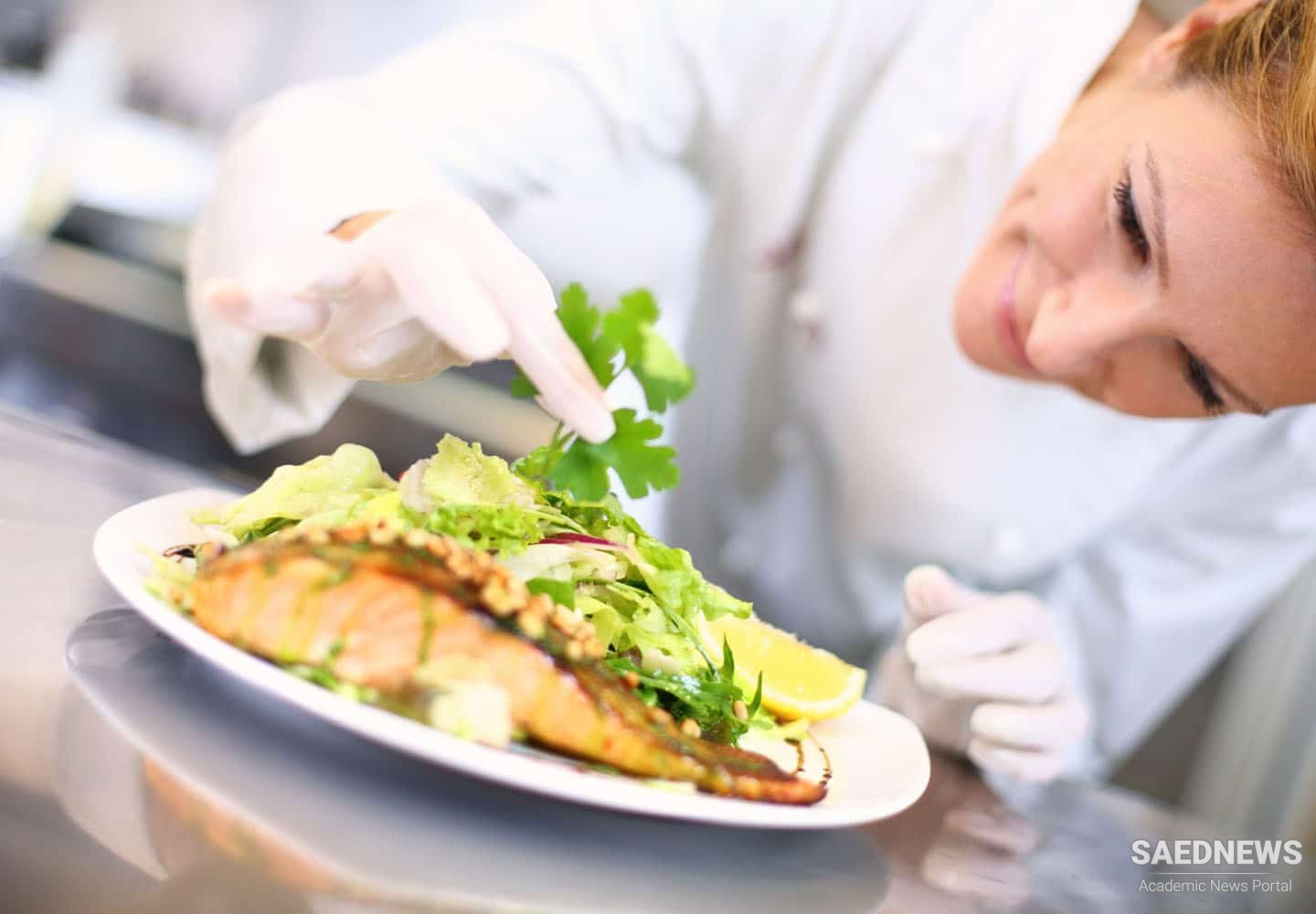Cuisine shifts agriculture into culture and inserts physiology into society. Whether taken as product or practice, chef or consumer, or everyone and everything in between, cuisine acts as a vital agent of socialization. It translates the corporeal, “natural,” uncooked, and unprocessed into a social actor. By fixing the individual gestures that would otherwise remain buried among the pots and pans, cuisine pushes culinary practice out of the kitchen into the culture beyond. There, in that larger culture, cuisine reaches beyond the food that supplies its raw materials; it outperforms the cooks by whom it is produced; it outshines even the consumers who justify the cycle of production. All this is possible because cuisine is not merely a culinary code that anchors custom. It is as well a panoply of narratives that sustain praxis. Cuisine constructs and upholds a community of discourse, a collectivity held together by words, by language, by interpretations of the world in which we live.
Every culture has its myths. Neither right nor wrong, neither truthful nor mendacious, myths are. Above all, they are useful. Products of a collective imagination, these understandings of the everyday serve individuals as they work for societies. Whether we are aware of these stories or not, every one of us needs them to make sense of the world that we inhabit, and that need is no less pressing today than in the past. As the exuberantly modernizing Paris of the early nineteenth century impressed upon Honoré de Balzac, myths surround us on all sides, all the more powerful because they are seldom recognized as the outsize narratives that they are. A century later, Roland Barthes located the power of modern myths in just that misrecognition. Putting myths back into history, discovering how, when, and why they took hold, revealing how they work—this is the task that Barthes set for the critical “mythologist.”
Accounting for Taste considers one modern myth and the community of discourse in which it operates: the collective understanding that French cuisine offers French culture. Why France? Surely, all cultures have more or less distinct foodways, and many, perhaps most, can lay claim to distinctive foods. Yet few will deny that culinary matters are not everywhere equally present and are not equally valued. Not many cultures look as far as the French beyond the immediate, material consumption of food or cast culinary practice as a general social good. Just why this should be so is by no means self-evident. “Of course,” one eats better in France; gastronomy is “unmistakably,” “unquestionably” French; and it has “always” been so. That we encounter frankly bad meals under the guise of French cooking only means that the French are not living up to the standards that we accept and believe in. Our acceptance of this “naturalness” and our reluctance to imagine otherwise allow Barthes to identify a myth. Like every other myth, that of French cuisine appeared in particular historical circumstances and continues in others, equally specific, equally discrete, equally compelled by social change.
French cuisine also stands apart not simply as a set of culinary practices, but as a grammar, a rhetoric of that practice, a discursive space. Although every cuisine is a code, some cuisines—and French cuisine has long supplied the paradigmatic example in the West—are considerably more codified than others. If, as commonly alleged, there is no American cuisine, it is because for all kinds of obvious and not-so-obvious reasons, cooking in the United States ranks low on the scale of formalization and codification.


 French Chefs as Culinary Missionaries
French Chefs as Culinary Missionaries














































